January’s Big New Book Order #amreading
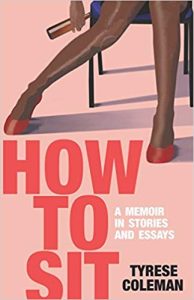
I did another big book order this week, and decided I’d try to be more disciplined about this blogging thing and share some of the titles I can’t wait to […]
Fantastic Forthcoming Books…
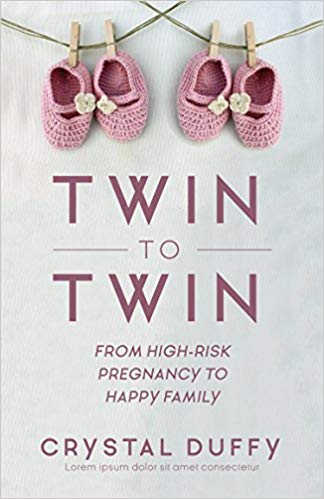
A few writers I know, either “IRL” or through online connections, have new books coming out soon. This week I did a big pre-order, so I thought I’d share the […]
Career advice from a master: David Sedaris
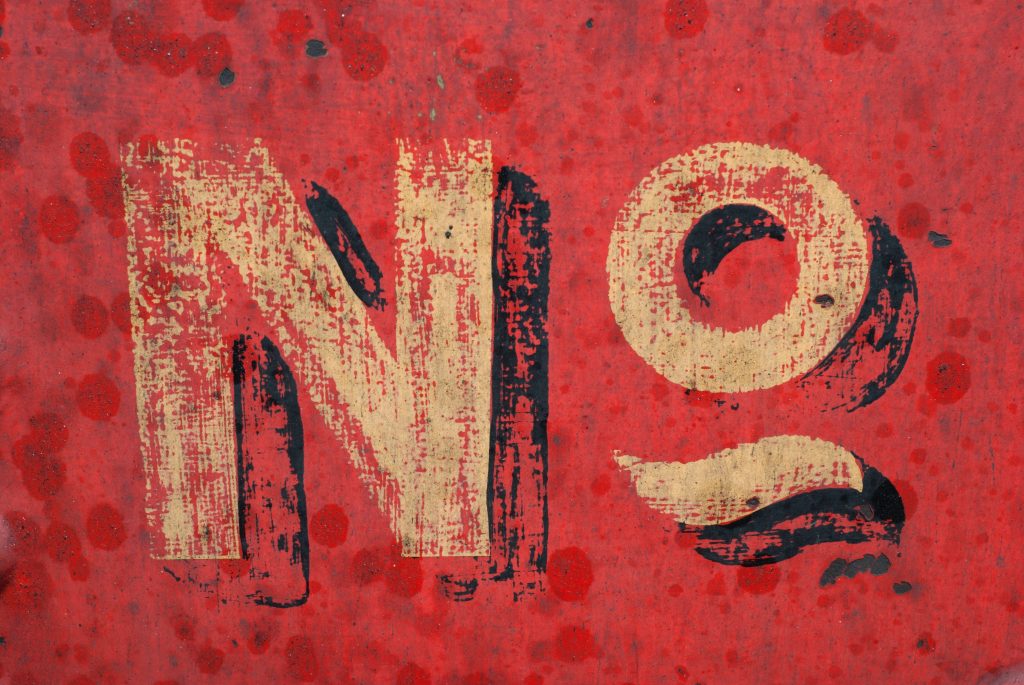
Recently, I heard from an editor who’d published an essay of mine a few years ago. She’s moved into corporate communications, where the $$$ is much better than in publishing, […]
My Year-in-Writing Review: the Highs and Lows of 2017

2017 wasn’t an easy year for many of us. Professionally, I felt distracted by the national news AND I struggled with health problems. Honestly, I felt kinda stuck at times […]
A new essay from me up at The Washington Post
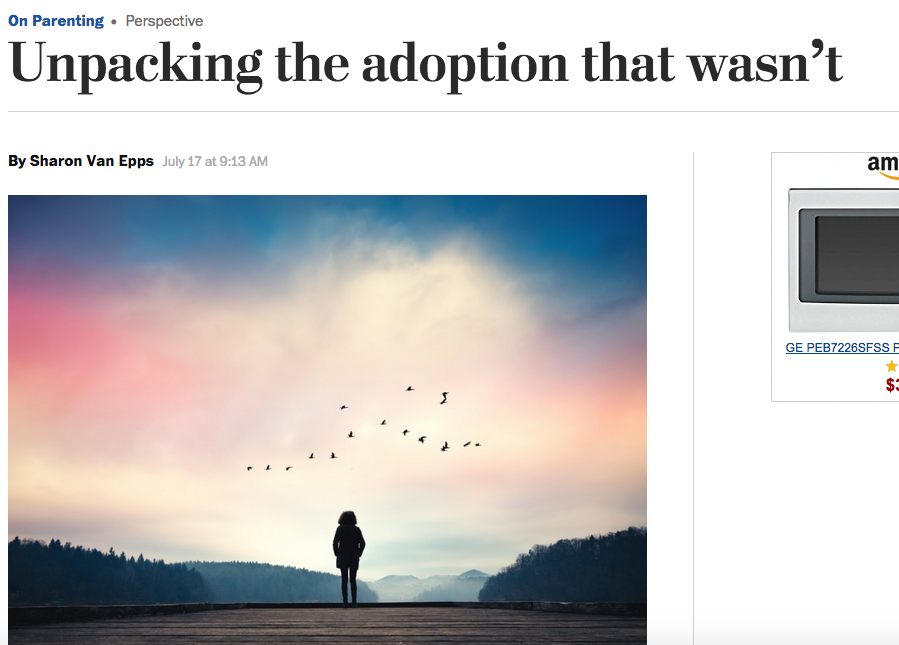
I don’t usually write a blog post when I publish something online, but thus far 2017 has been a rough one career-wise, so I’m pretty excited to get some work […]
Announcing the winner of the YOU MADE ME A MOTHER GIVEAWAY — Plus an interview with the author, Laurenne Sala
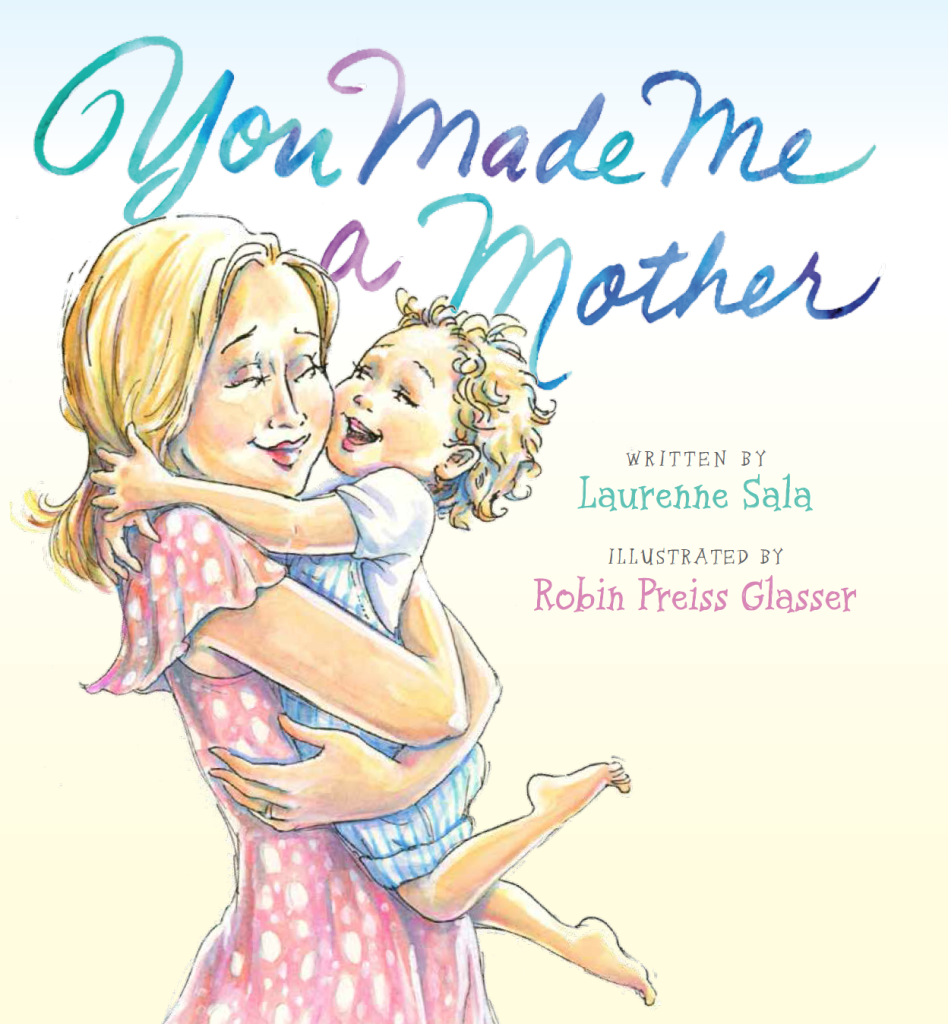
I’m SUPER excited to announce the winner of the YOU MADE ME A MOTHER giveaway: RUTH EBENSTEIN Congratulations, Ruth! Please shoot me an email via the online contact form here […]
Talking Writing with the Folks at the SDSU Writers Conference
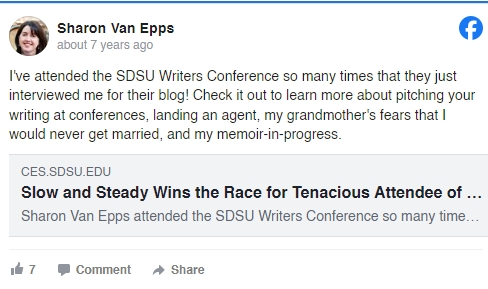
Finding a Literary Agent: Acing the Much Anticipated Phone Call
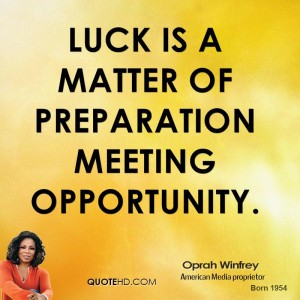
Well, we’re one week out from the shocking US Presidential election that has left so many devastated. I’m personally just starting to claw myself out of a well of despair. […]
An Imperfectly Magical Writing Residency at The Lemon Tree House in Tuscany

Last year I spent a week writing in Walla Walla, Washington, courtesy of the Northwest Playwrights Alliance and Ms. Leticia Lopez, who generously donated the use of her vacation home […]
Finding a Literary Agent: Plotting Your Submission Strategy

So your project feels ready. You’ve compiled a list of literary agents you want to approach, and you’ve drafted a query letter. Now it’s time for the rubber to hit […]
